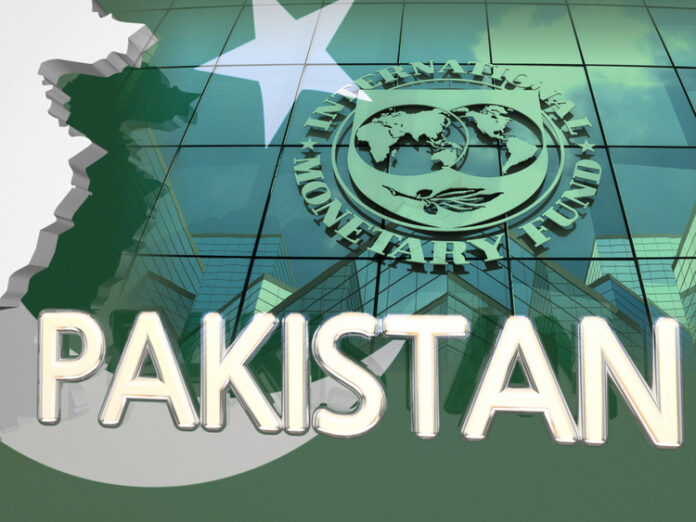The International Monetary Fund (IMF) released it’s country report on Thursday according to which risks to Pakistan’s economic outlook and implementation of the programme remained “high and tilted to the downside” because of what it termed a “very complex” domestic and external environment.
Pakistan’s economy has been under adverse external conditions, due to spillovers from the war in Ukraine, and domestic challenges, including from accommodative policies that resulted in uneven and unbalanced growth. Steadfast implementation of corrective policies and reforms remain essential to regain macroeconomic stability, address imbalances and lay the foundation for inclusive and sustainable growth.
According to the report Pakistan plans to achieve a small primary surplus in FY2023 which is a welcome step to reduce fiscal and external pressures and build confidence. Containing current spending and mobilizing tax revenues are critical to create space for much-needed social protection and strengthen public debt sustainability.
Efforts to strengthen the viability of the energy sector and reduce unsustainable losses, including by adhering to the scheduled increases in fuel levies and energy tariffs, are also essential. Further efforts to reduce poverty and protect the most vulnerable by enhancing targeted transfers are important, especially in the current high inflation environment.
The tightening of monetary conditions through higher policy rates was a necessary step to
contain inflation. Going forward, continued tight monetary policy would help to reduce inflation and help address external imbalances. Maintaining proactive and data-driven monetary policy would support these objectives.
As per IMF report close oversight of the banking system and decisive action to address undercapitalized financial institutions would help to support financial stability. Preserving a market-determined exchange rate remains crucial to absorb external shocks, maintain competitiveness, and rebuild international reserves.
IMF believes that accelerating structural reforms to strengthen governance, including of state-owned enterprises, and improve the business environment would support sustainable growth. Reforms that create a fair-and-level playing field for business, investment, and trade are necessary for job creation and the development of a strong private sector.
























